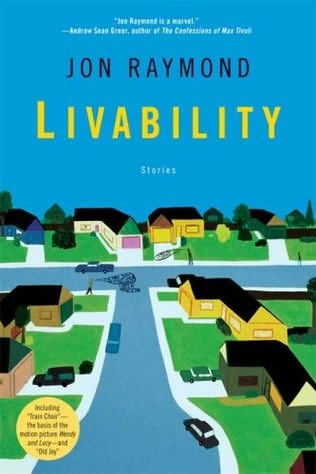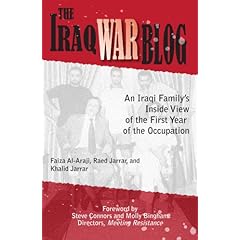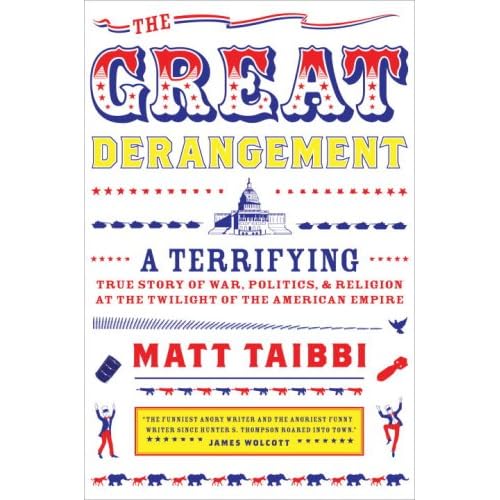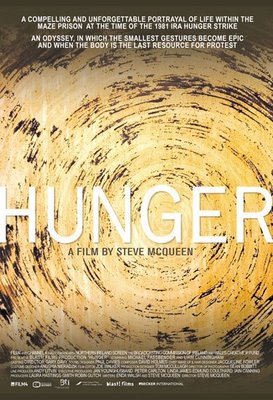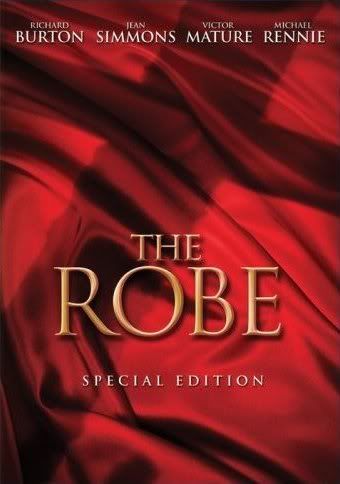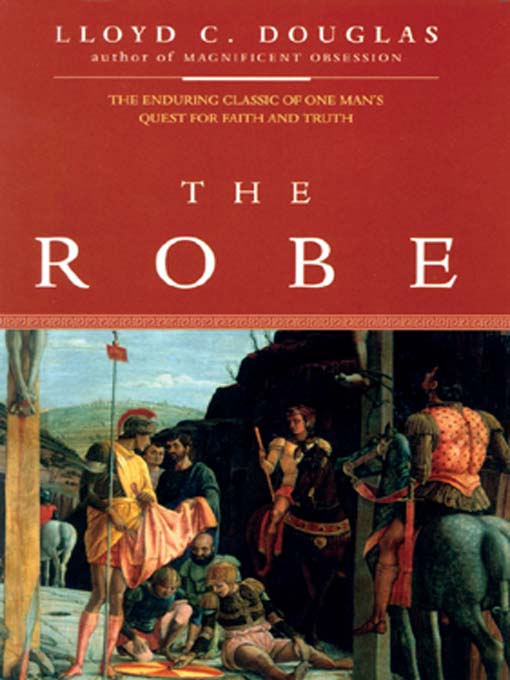(Charles lengthy critique of my dismissal of
Watchmen is in the comment section of
this post)
Charles,
First off, lets agree that responses to films are subjective in the sense that we filter the film through our own experiences and ideologies.
Thus we have different reactions to the film. I read the graphic novel when it first came out and was powerfully moved by its critique of fetishized super hero worship (and its subtextual relation to the unreflective real-world worship of powerful "leaders" who are going to save the day and their destructive controlling ideologies) during Reagan's second term in which the dominant narrative was of the holy super America versus the evil destructive Soviet forces (Reagan's "evil empire"). The controlling American narrative at that time was that whatever we did in the interest of our holy mission against the evil empire was acceptable and just. This, for me, is what made Moore's/Gibbons' graphic novel so powerful (much like the graphic novel
V)
The current movie (term used purposely) version is facile in the sense that it relies more on the spectacle of action super hero tropes as opposed to the deconstructive critique of the comic book super hero genre.
You state:
"This should be the main focus of a criticism of a film."
Is there only one way to read a film? Could you outline in more detail what that one way should be?
You cite Alan Moore's comments about his graphic novel to support your celebration of the film, while ignoring that he has disowned the film as a superficial exercise. He even refused any money from the film and gave all proceeds to the illustrator Dave Gibbons. How does that reverse/divert your application of Moore's critique to the film version?
Thus, it seems problematic that you seek to conflate the graphic novel and film versions as if they were one text. Is it not obvious that they are separate texts and that they should be treated/critiqued as such?
While you still are conflating the two texts you mention:
"From this in my opinion these superheroes of Watchmen are reactionary victims to the society they live in, and therefore exhibit the ability to inspire some sort of sympathy even in their most hellish and barbaric moments."
I never stated that I felt no sympathy for the characters, but I find it hard to reconcile anyone's empathy with the psychopathic Comedian. This is a man who murders on command, slaughters those who depend on him, and rapes at will (in all of its implications). Can you identify for me when and where you feel sympathy for this character? Is it because in his final moments he is horrified by the onrushing apocalyptic events he has helped to usher in? Does his drunken tears move you? What do we see as his ultimate response to this threat to the world of the movie's narrative? Is it worthy of our sympathy/empathy/respect?
Rorshach, on the other hand, deserves our pity, for he is the product of a horrible upbringing and it has made him into a psychopathic super hero. He is not commendable though, unless you celebrate vigilantes' hunting down people in the streets. Was Moore critiquing the Dark Knight mythos before he did it proper? Rorshach's death at the end of both versions is tragic and wrong, but it does not remove the fact that he is a psychopath with a mask (clearly outlined in the graphic novel, defused in the film).
You state:
"They each therefore exhibit extreme views and reflect certain unsavory ideologies that reflect the human condition .This translates verbatim into the film. I would go as far as to say that 90% of the dialogue present in the film is from the comic directly albeit with lines switched for different characters at many times."
What ideologies do these characters represent for you and how do these ideologies represent for you the human condition? Could you explain? Is nihilism an acceptable response even from those who suffer from tragic circumstances and/or "unsavory ideologies?" I would reject nihilism as a valid response, but then perhaps I am idealistic in my humanistic outlook?
I never said the movie did not try to "imitate" the comic, in fact, it seems the filmmakers try to do this as much as possible. Instead, the problem is while imitating the book they switch the emphasis to sensationalized visual spectacles over the more multitextual technique of the graphic novel. This, for me, robs the movie of the graphic novel's critical power.
I disagree that any of the Watchmen should be considered victims, except perhaps a bit of empathy for Rorshach, considering his background.
You state:
"Further there are many things in the aesthetics and style that are meant to be subversive I think. One of these would be how the characters enjoy the violence they are committing. Nite Owl II and Silk Spectre II both get aroused from brutally assaulting a gang of knot heads, as they do in the comic. Only in the film they go as far as to kill them. In the comic they merely brutally beat the men, but they do not murder them. In the film as well, two of Rorschach’s extreme acts of violence are altered as well. These alterations change the character quite a bit. In the comic when Rorschach comes upon the child killer, he does not murder him. He handcuffs him to the oven and set the place on fire and leaves a handsaw for him to cut through his arm should he want to live. This reflects Rorschach’s view that the man is an animal and as such can escape if he desires like an animal would gnaw its paw off to escape a trap. In the film, Rorschach comes face to face with the man and can’t conceive of how to simply punish the man in a world that is completely and utterly cold and hopeless. As such he butchers the man .The second is burning the man with grease in the prison. In the comic Rorschach reaches for the closest thing and burns the man with the shiv with the grease, out of self defense and to make appoint. In the film, Rorschach defends himself with his metal tray and knocks the man down defenseless. He then reaches over to grab the grease and burns the man, only this time not out of self defense, but merely an act of subversive spectacle. These two acts in my opinion alter the character and make him possibly more psychopathic in the film version. Another subversive moment in the film for me would be the sex scene with Dan and Laurie. In this scene there is focus on the costumes being torn away, and even more focus on the leather boots she is wearing. This coupled with the absurd use of Leonard Cohen’s Hallelujah , seems to turn what would have been a simple love scene , into a ironic and laughable marathon exercise into the sexual fetishism of their superhero identities."
I agree with your analysis of the changes, but I am completely befuddled by your claim that these are subversive moves? These two scenes, for me, are symptomatic of the movie's defusion of the deconstructive power of the original graphic novel ... people were loudly cheering Rorshach's violence as if he was a simplistic action hero and the Nite Owl II/Silk Spectre II violence/sex scene was beyond ridiculous (although I did enjoy my girlfriend's howl of mocking laughter when they acted out the fanboy fantasy scene). Once again though the scenes lack a clear sense of critiquing the dramas being laid out for consumption as if the filmmakers were hoping that they might be able to appease both the critical fans and the straight-forward action audience. I disagree finally with your insistence that the film presents the super heroes in an unsympathetic light as the audience I watched the film with cheered many scenes like they would a typical action film.
I do agree that the film is a technical wonder, much like
300, which I also had problems with ... I find aesthetics to be political in the sense that the aesthetics of
Triumph of the Will and
Birth of a Nation or
Maid in Manhattan and
Pretty Woman cannot be separated from their political messages. I am not associating Watchmen with the first pair of films, instead, I am critiquing the aesthetic spectacle of Watchmen as a distraction from serious consideration of the political message of the film. I would make the same claim for the latest Dark Knight film in which, surprisingly, I found myself at one point cheering on the chaos of the Joker, because the Dark Knight becomes a symbol of unchecked (super) power in the service of a (supposed) noble cause--it would seem obvious who we are suppose to identify with in the film (much as Bush's administration thought it was obvious we should always cheer their means in the service of their self-proclaimed noble ends) but anyone vaguely aware of the cultural/political context of the film could not but help to reject the ultimate message of the
Dark Knight.
Last, as this is running long, I find nothing admirable about "moral ambiguity" in films or people. Are you celebrating it? Can you explain why?
I appreciate your lengthy, thoughtful critique. I hope you take my words in the spirit of dialogue. If the movie version of Watchmen inspires people this much, perhaps it has more value than I originally thought. I still stand by my critique of the movie version.












